Stepping outside your comfort zone can be scary for most people, but for
me it was a necessity.
If I wanted to achieve my goals, I could not accept the status quo of climbing the corporate ladder. I was raised to work hard, not expect anything to be given to me and put in the effort necessary to achieve your goals.
I pushed myself to hone the skills necessary to achieve my goal: to develop my first commercial project—50,000 square feet of industrial buildings—by the age of 30.
My initial success was the result of not accepting the status quo. I stretched myself to solve problems, gather the necessary resources and develop a strong mindset.
I was not always sure where I would find the answers, but my previous experience managing development projects for a regional developer gave me the confidence to push forward. However, I did realize while conducting a post-mortem on my development business that I was very proficient in certain areas of the business and to a lesser extent in other areas. I noticed that the areas where I struggled seemed to monopolize my time, ultimately hurting my ability to expand the business and allow it to reach its full potential. This was a tremendous lesson learned.
It was clear that to get better, I needed to push myself outside of my comfort zone again. I needed to do things differently and continue evolving. I set up a plan to align myself with smart, driven, like-minded people who wanted to achieve success. My next step would be important in determining the trajectory of my career.
In March 2015 I joined a fintech start up, PeerStreet, which was very different from anything I had done before. During this time, I learned a number of valuable lessons, best practices and strategies that will prove valuable in any business endeavor I pursue. Some of them include creating a strong culture of ownership, hiring smart and talented people and letting them thrive, and applying technology to manage data and measure your business.
But probably the most important lesson I learned is developing a large network within the industry. My network led me to my current opportunity at Jcap Private Lending and 1st Cast opportunity Fund. If you want to achieve more and grow, you should step out of your comfort zone, take control of your situation and push yourself to grow and achieve a new level of expertise in your field.
Making the jump from developer to a fintech startup, and then ultimately to Jcap may seem unconventional and risky to some. But in hindsight, they were all excellent decisions. You do not need to know the outcome; you must trust in yourself that the outcome is right for you. If you are stagnant, make a move and work hard. The opportunities will present themselves. It worked for me—and it can work for you.

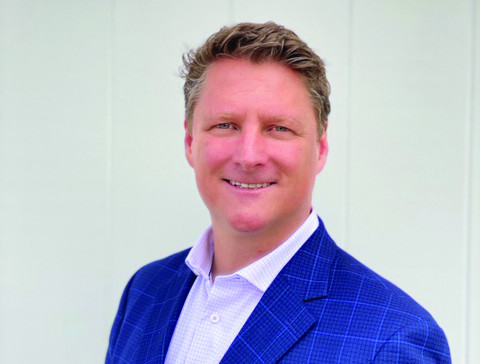

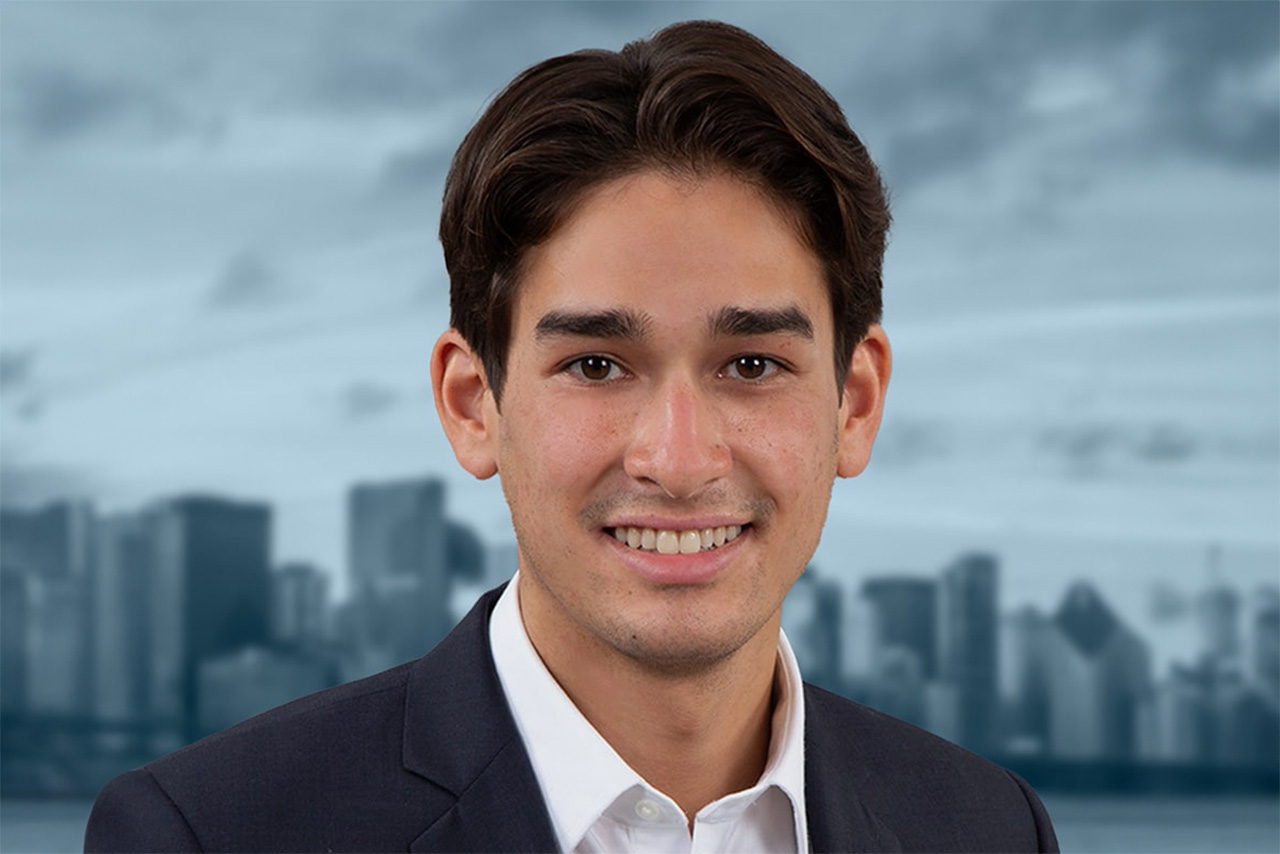
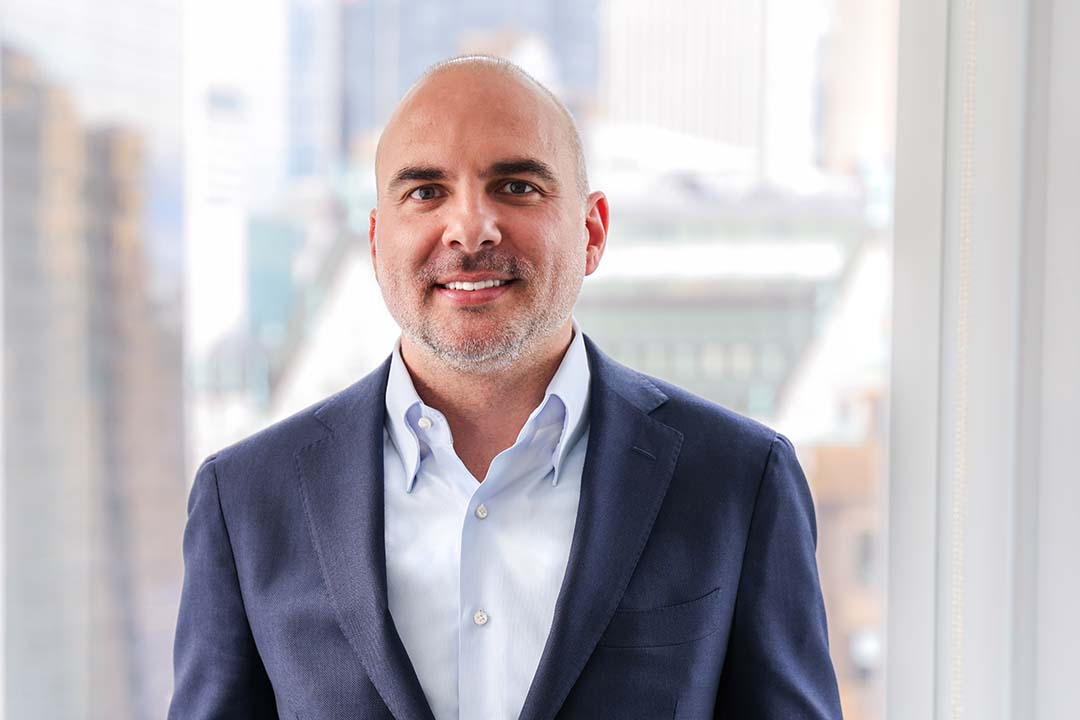

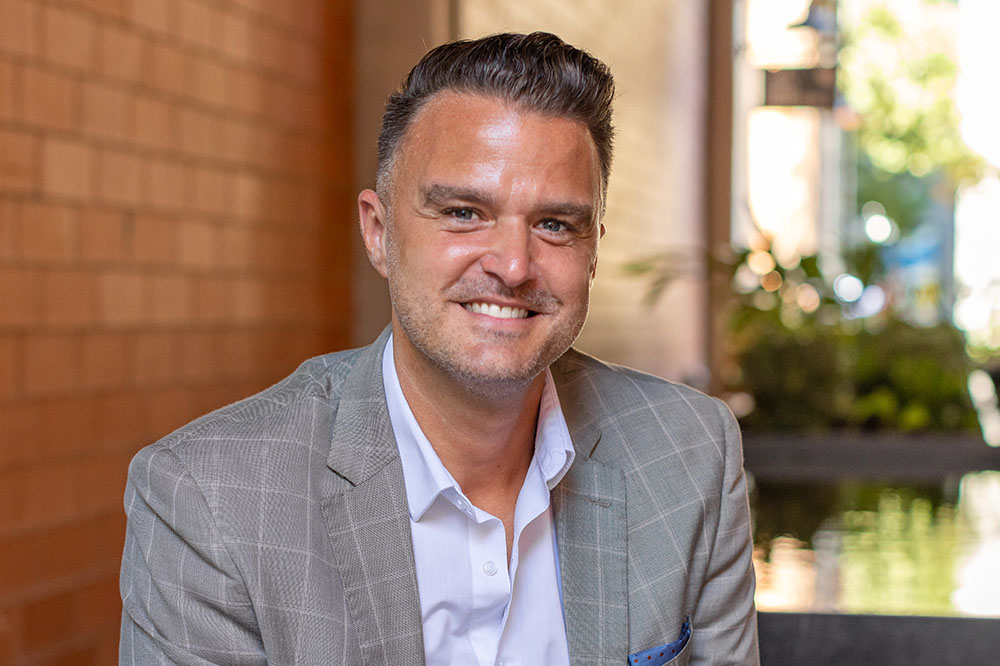



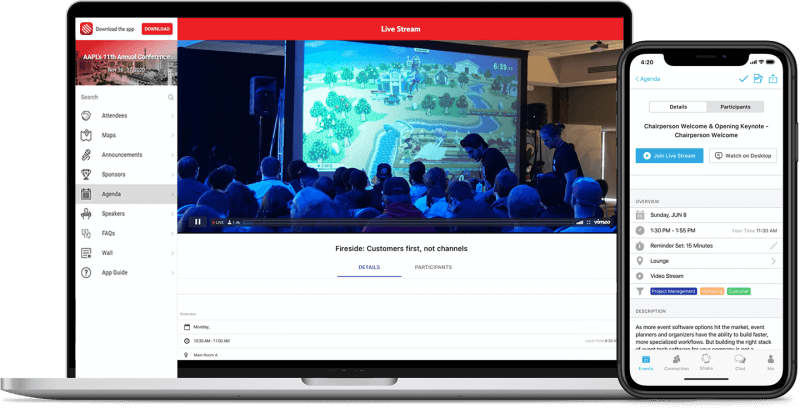

Leave A Comment